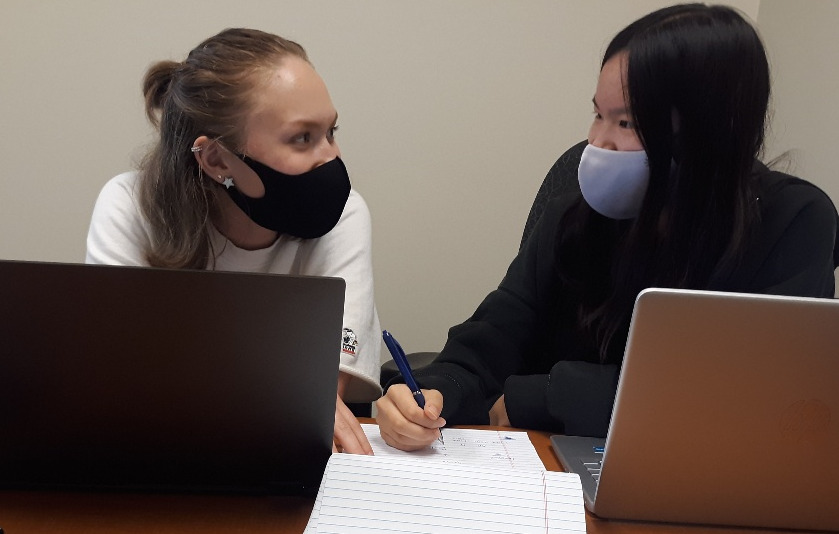We ask students to give us feedback on what works, and suggestions on what could be done better. Here is some of the feedback on what people have gotten out of the Research Skills Academy – snippets from various feedback emails. If you call us we can also share with you the “challenge areas” 🙂
The Research Skills Academy was very helpful, specifically in teaching me how to examine a topic thoroughly. The section covering jargon was particularly insightful, as the suggestions offered helped me to dissect the many technical papers I encountered in my research. […] I really enjoyed the lectures, and they definitely exposed me to scientific topics that I hadn’t previously explored.
Wide variety of topics changed how I viewed not only research but learning and culture in general. The section on ethics and biases forced me to reevaluate how I make decisions, the section on platitudes forced me to look into how powerful language is.
Real life examples brought realization and humor to lessons. Ex: Enron’s mission statement, 9/11 red-teaming, childhood implicit bias that starts the occupational gender gap. Don’t be afraid to use heavier topics.
Live demonstrations by you were essential in the “critical thinking” and “don’t be intellectually lazy” sections, where you taught how to search the internet and pick out truth.
Personalized feedback on writings and projects
General student presentation to entire class trained to keep a cool mind. Very exciting and the only problem I can think of is that we didn’t do them enough. I would suggest more frequent “general presentations”. For example, doing them every week would balance overloading the students and having them practice public speaking instead of trying it once.
Your impromptu stories were intensely interesting even if completely related to the subject material at hand. Your retelling of Oedipus Rex gave me new respect for the value of stories in history and culture. It wasn’t because of the story itself, but because you, as a researcher, treated it with such passion. Often the value of humanities is lost, and your stories helped combat that.
In general, this course changed my view of life because of the inclusion of non-concrete lessons. Of course writing and typesetting are important. But it was the storytelling, the discussions and lectures on ethics, what science is really like, and how biases work that took the course to a new impact level and changed my values. I might not become a researcher as was the original intent of the academy, but your humility and “down-to-earthedness” changed what I thought a researcher looked like. It also changed what I thought a responsible citizen looked like.
I’d like to thank you for a great month. I’ll be teaching students as much as I can from what I learned at this academy, from public speaking to graphing and storytelling; to spread the knowledge to those who weren’t fortunate enough to hear about it. I’ll be teaching it all.
It is a research paper and I feel I am a little better prepared to do this assignment because of some things I learned at RSA. Skills such as understanding jargon and interpreting/creating graphs are really helping me gather information for my topic. Thank you for providing this summer opportunity – I learned a lot.
I am writing to thank you for all the lessons and experience you provided during the research skills academy. It was great to learn more about your childhood and extensive background in education from an early age, going from studying history and literature to becoming an astrophysicist and computer scientist. Also, the lesson you gave us on communicating effectively and showing examples of emails ranging from good to bad was very helpful in demonstrating what to do and not do. I really appreciated some of the chess analogies you used as well. Even though I’m not an avid chess player (although I do play occasionally), I found your analogies really interesting.
What I thought of the lectures: They weren’t delivered like monotone school lectures, they actually made me think about what I was doing and my setting. I like that they were switched up every now and then from understanding the world, to career paths and duties, to math/science applications.




